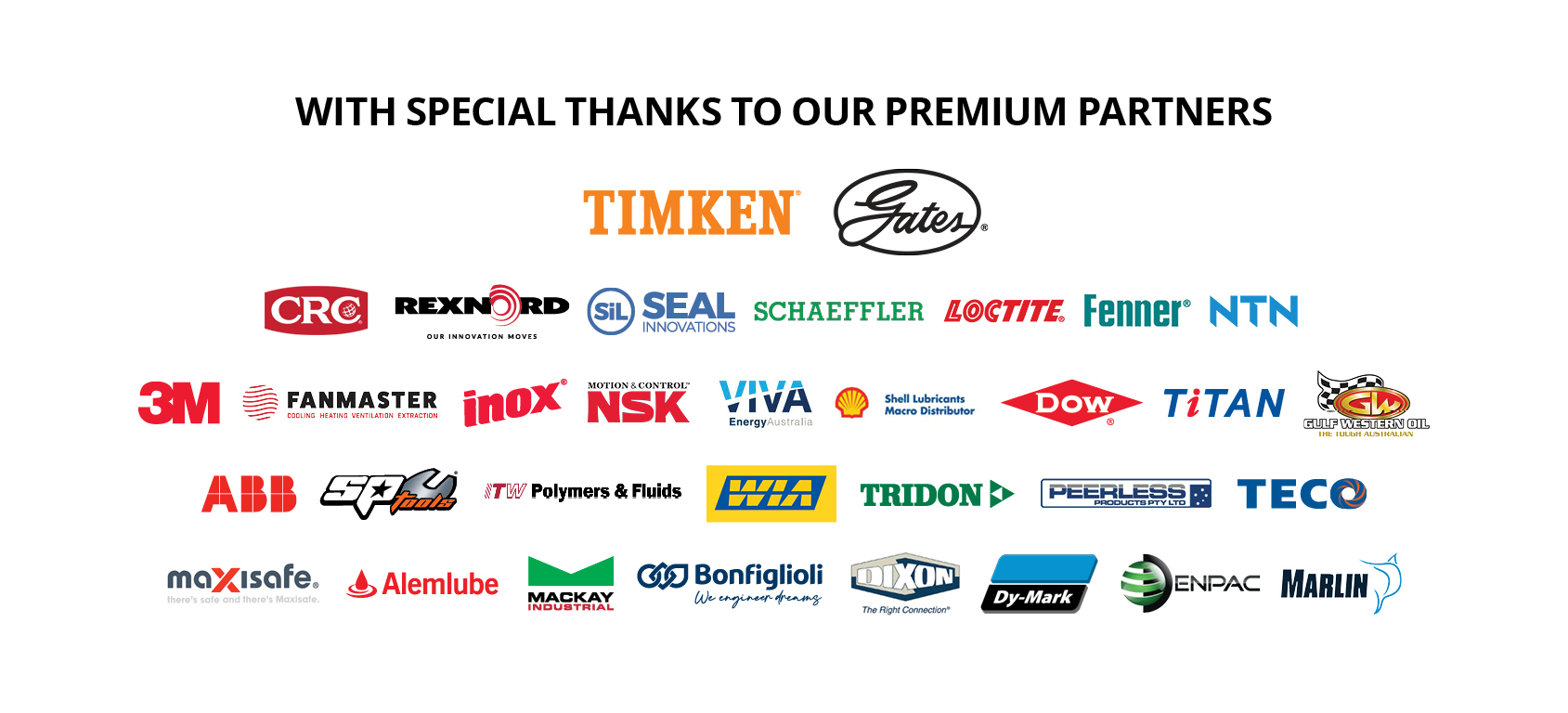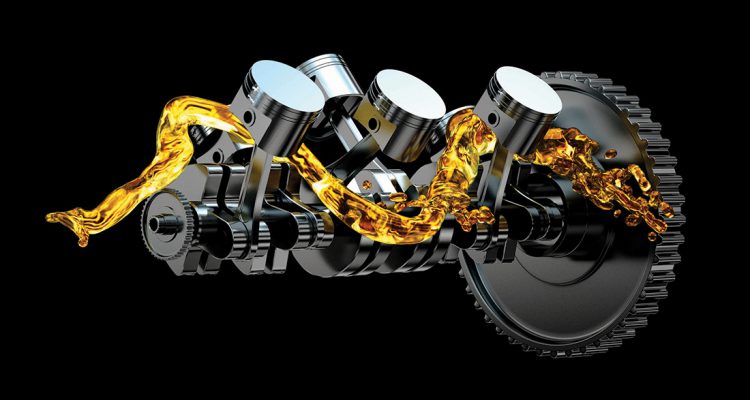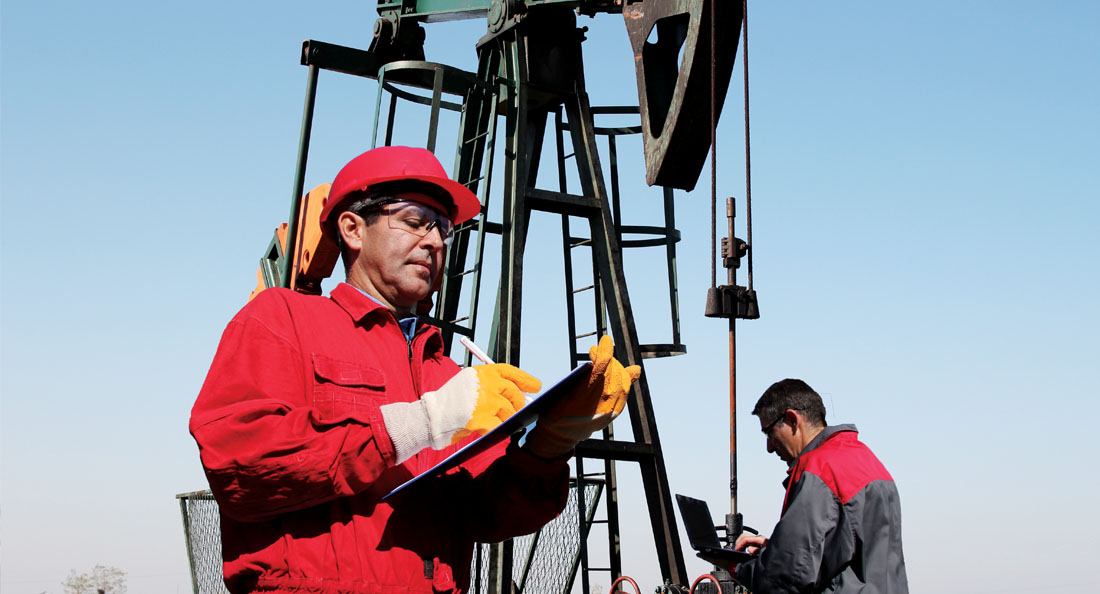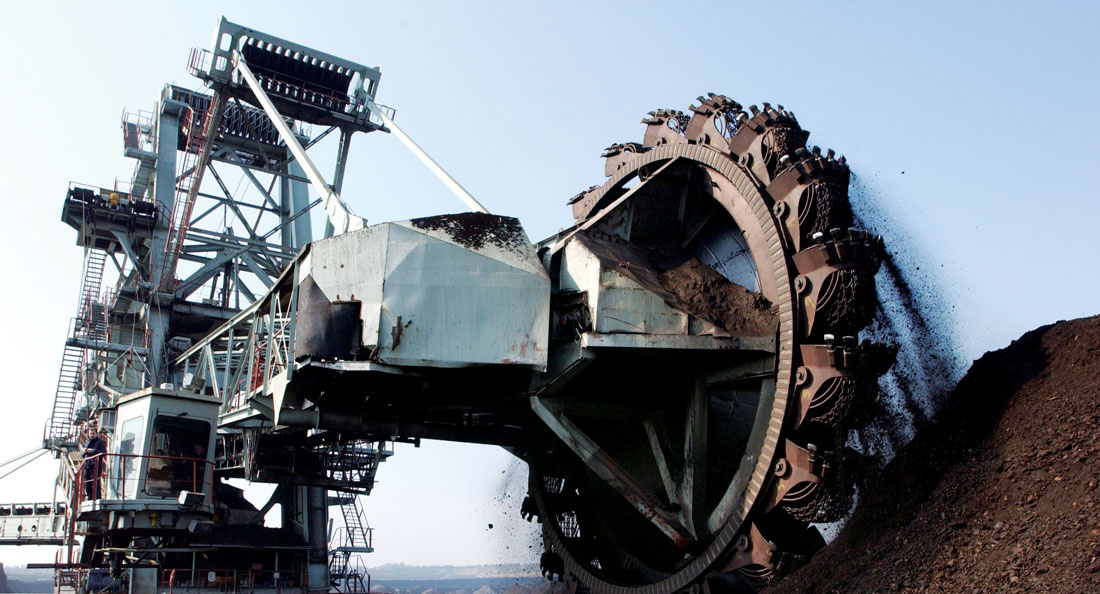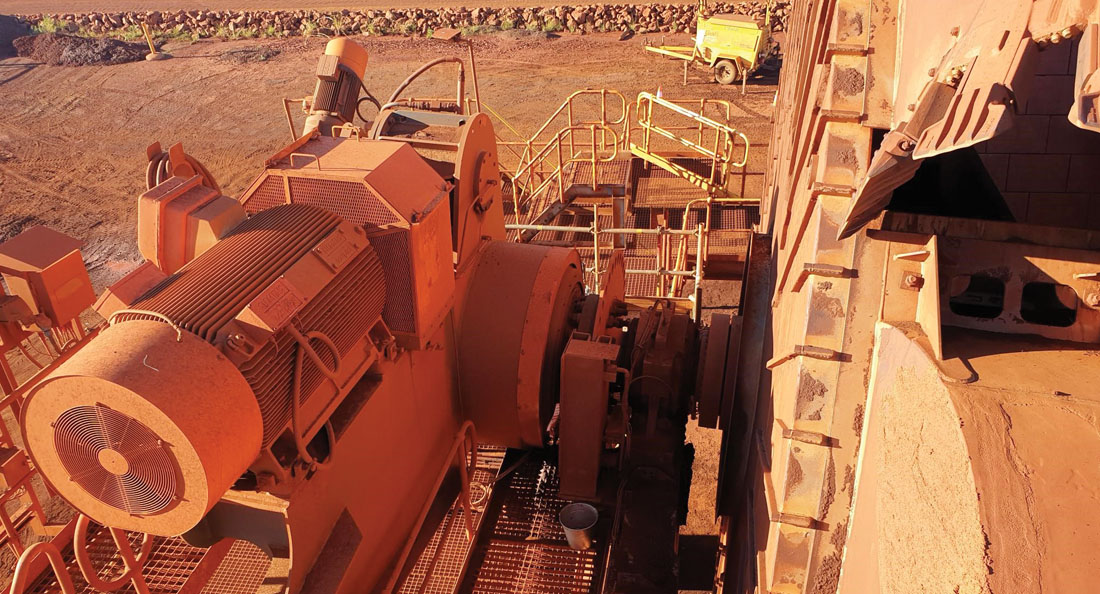How many different lubricants are used at your plant? Does your lubricants store contain multiple versions of similar lubricants? Can oil drain and re-greasing intervals be further extended with product upgrades?
These, and similar questions are addressed by the CBC Australia technical team when they conduct a lubrication survey for their customers – a program offered by CBC in collaboration with Viva Energy as plants transition to using Shell Lubricants.
“When our local CBC and Viva Energy teams work together to complete a lubrication survey, our goal is to eliminate redundant lubricants and bring the number of different products down to a minimum,” says Steve Keown, CBC’s National Product Manager for Lubricants.
“This offers multiple advantages for the plants,” Steve says. “Firstly, it avoids confusion on the part of the maintenance staff and reduces the risk of the wrong product being used. Secondly, it makes it easier for them to keep track of the products’ expiration dates. Most importantly, it results in energy and maintenance cost savings down the line as the plants upgrade to higher tier lubrication products.”
But, why might an operation have more lubricant products on site than it needs? Steve points to a lack of formulation knowledge. “Many who work in the maintenance field don’t understand which characteristics of a lubricant make it appropriate for a certain application.”
“By reviewing the requirements set out by the OEM (Original Equipment Manufacturer), analysing the operational conditions and combining that with our knowledge around lubricant properties, we can recommend the best products and the best maintenance schedule,” he explains.
As for the water and wastewater treatment applications, a key indicator of the lubricating oil’s performance is its ability to remain separated from water – a characteristic known as demulsability.
“Lubricants with a good demulsability characteristic can resist water-in-oil emulsions. This means water can be drained off from the equipment periodically, which in turn protects the components from corrosion,” explains Geoffrey Buchan, Viva Energy’s Product Support Engineer, Viva being the exclusive licensee of the Shell brand in Australia.
While water contamination in the lubricants is a major concern in almost all applications within water treatment facilities, Geoffrey says the mixing of air in the lubricants is another sign that the lubricant does not have the right viscosity.
“Foaming of the lubricant, which is essentially when air is trapped in the lubricant, can lead to catastrophic equipment failure and even result in oil spills from the tank. By recommending the right lubricant and the right viscosity grade, and ensuring the correct contamination control, foaming can be prevented,” he says.
Shell’s comprehensive portfolio of industrial oils and greases includes a number of products with unique characteristics, says Viva Energy Product Support Engineer, Paul Smallacombe.
“The Shell Tellus family of hydraulic oils is a well-recognised name when it comes to industrial hydraulic systems,” Paul says. “The secret to the exceptional performance of Shell Tellus hydraulic oils,” Paul says, “is found in the high quality additives and base oils selected by Shell.”
“The proven anti-wear additives incorporated in these products make them suitable for a range of applications, including as bearing oil for pumps. Moreover, these additives also have high hydrolytic stability, which means they can resist chemical decomposition in the presence of water.”
The Shell Gadus family of greases, including the mainstream Shell Gadus S2 V100 2, the premium Shell Gadus S3 T100 2 and the top tier Shell Gadus S5 V100 2 are also widely used with electric motors, mechanical couplings and anti-friction bearings.
“Where elevated temperatures are involved, or where the greasing point is hard to reach, we recommend using higher tier greases. Shell Gadus S5 V100 2 is the highest tier of grease in this family, which can help extend re-greasing intervals and offers better temperature resistance,” Paul says.
The Shell Omala range of industrial gear oils is also a proven Shell product, which is available in both mineral and synthetic ranges.
“Wherever possible, we recommend plants upgrade to synthetic oils. Because synthetic oils have a lower coefficient of friction, using them on multiple gear boxes in large plants can result in considerable energy cost savings,” Paul says.
“If requested, the local CBC and Viva Energy teams can work together to demonstrate these potential savings through on-site trials to valued customers,” he concludes.
